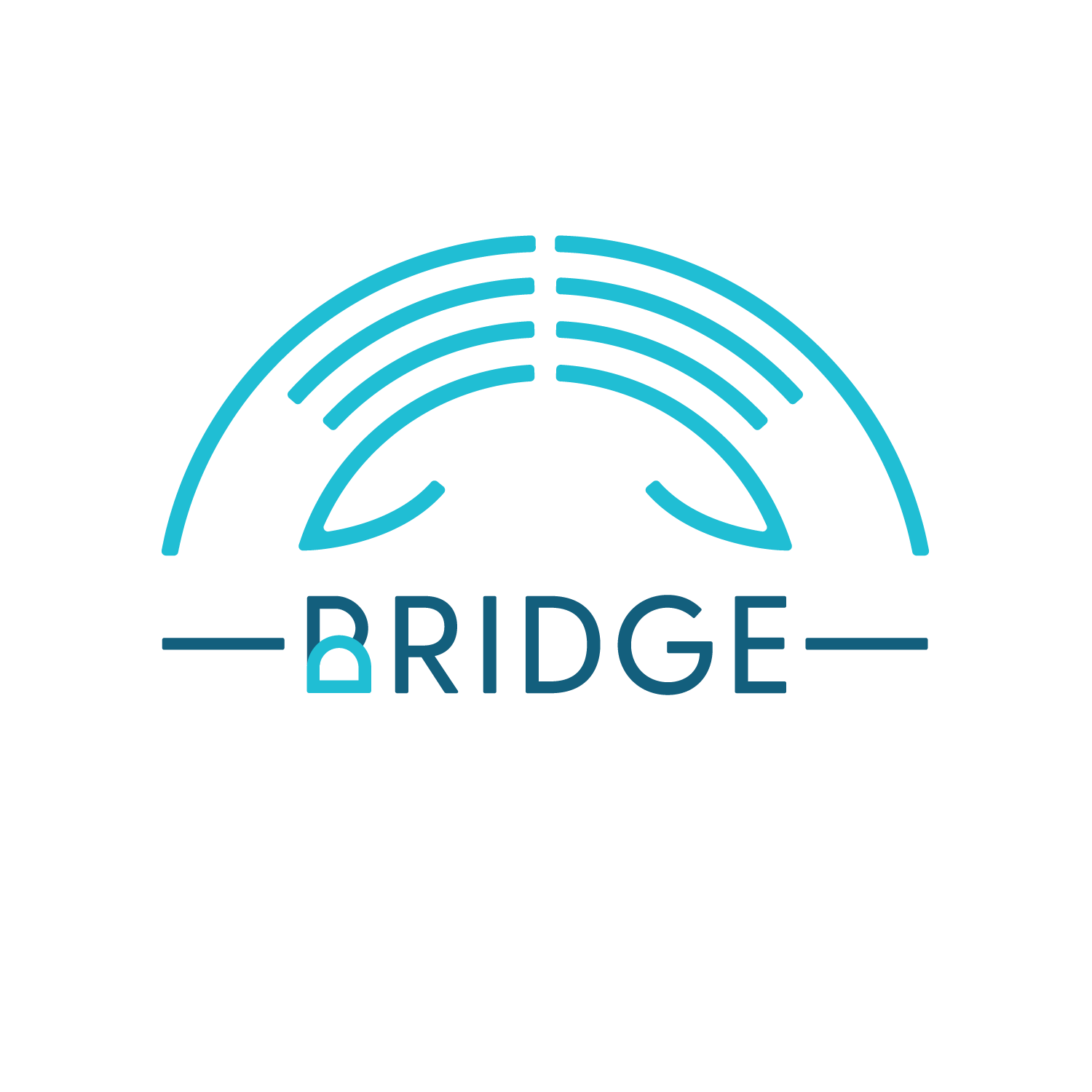Bridge Blog
Bridging the Knowledge Gap
Our mission at Bridge2PT is to provide a revolutionary Physical Therapy experience for both our patients and our practitioners. We want this to feel like nothing you've ever experienced in Physical Therapy before. In order to provide this superior experience, we feel it is our responsibility to help educate our communities about the benefits of mobile, one-on-one care with a Doctor of Physical Therapy that is truly focused on your healing journey. We intend to use this blog, Bridging the Knowledge Gap, to deliver the information we feel will help you make the decision that mobile Physical Therapy with Bridge2PT is right for you

Do You Take My Insurance? Why Your Health Insurance Isn't Helping
One of the most common questions patients have when talking about starting a course of care with a new physical therapist is, “do you take my insurance?” When selecting a physical therapy provider, the status of the provider as an “in-network” versus “out-of-network” provider can also affect how your insurance will play a role in payment for services. While at first glance it can seem like an out-of-network provider will come at an additional cost, that turns out not to be the case for most patients. Here are some of the main points to consider when selecting your Physical Therapist... Read More

How Can Vestibular Rehabilitation Therapy (VRT) Help Me?
VRT, or Vestibular Rehabilitation Therapy, is a specialized form of therapy that is intended to help patients overcome vestibular disorders. Your vestibular system starts in the inner ear and is connected to your eyes and brain to create your sense of balance. It is estimated that 69 million people in the United States deal with problems as a result of their vestibular system being off balance.
Common symptoms include vertigo, hearing changes, nausea, and lack of coordination. Oftentimes, patients experience multiple symptoms at once causing a disruption to daily life. Ménière’s Disease is one type of vestibular disorder that has 4 symptoms that if present could lead to diagnosis. Caused by large amounts of endolymph fluid building up in the ear, symptoms include vertigo, pressure in the ear, loss of hearing, and tinnitus. This is one of many possibilities; always consult a medical professional. Depending on the severity and diagnosis, your doctor will recommend different treatment types, one of the most common being physical therapy.
Your physical therapist will take into account what your doctor says and will conduct their own exam to determine the best comprehensive treatment. For some it is focused on vertigo physical therapy, using specialized movements and exercises to reduce the dizziness and nausea. Another may concentrate on improving postural and gaze stability which work in conjunction with each other. An example of a gaze stability exercise is when a patient focuses on an object while slowly moving their heads up and down and back and forth. This exercise is done over the course of several minutes and should not be done quickly.
As a patient works with their physical therapist, they will learn to recognize onset behavior or movements helping them to take preventative measures. While at the start physical therapy may increase the symptoms, with consistent therapy there should be an improvement. Having the ability to schedule physical therapy in advance is a great way to keep consistency. Our mobile physical therapy provides the option to find a therapist who specializes in your treatment needs. Your therapist will come to your home and will work with you to create a treatment plan that not only helps your diagnosis, but that helps you to live a better life.
Phone: (818) 436 - 6426 - [email protected]
© Copyright @2021 Bridge2PT, All Rights Reserved
